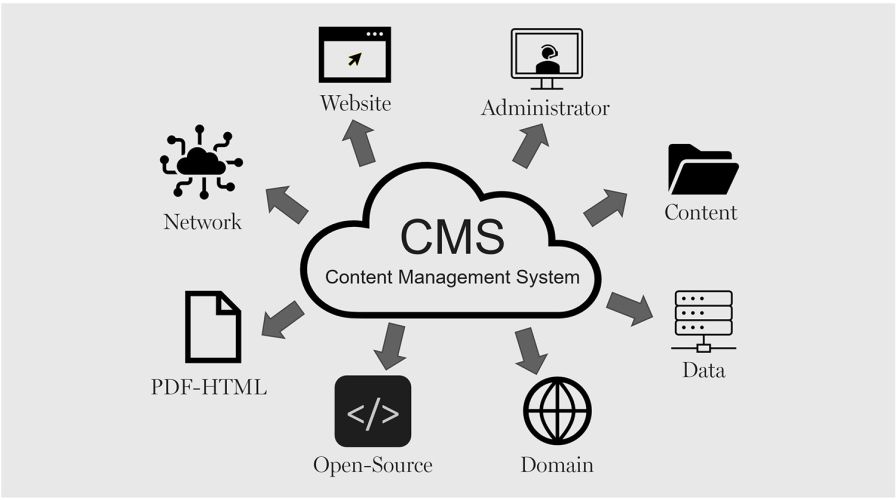
In the fast-paced world of real estate, staying ahead of the competition is crucial. One effective way to do this is by leveraging Google Ads to drive real estate leads. Google Ads, formerly known as Google AdWords, is a powerful online advertising platform that allows real estate professionals to target potential homebuyers and sellers actively searching for real estate services. This article explores how to use Google Ads effectively to generate high-quality leads, providing a comprehensive guide for real estate agents and agencies looking to maximize their online marketing efforts.
Why Use Google Ads for Real Estate Lead Generation?
Google Ads is one of the most powerful tools available for online lead generation. It gives real estate professionals the opportunity to showcase their listings, services, and expertise directly in front of potential buyers and sellers. Here are several reasons why Google Ads should be a part of your marketing strategy:
- Targeted Audience: Google Ads allows you to target potential clients based on location, interests, and specific search terms (keywords). This ensures that your ads are reaching people who are actively looking to buy or sell real estate.
- Immediate Results: While SEO can take time to generate organic traffic, Google Ads can provide immediate visibility. Once your ads are set up and running, you can start driving traffic and generating leads almost instantly.
- Control Over Budget: With Google Ads, you have complete control over how much you spend. You can set daily or monthly budgets that align with your marketing goals, ensuring you don’t overspend.
- Data-Driven Insights: Google Ads provides detailed analytics, allowing you to track performance and make informed decisions. You can monitor metrics such as click-through rate (CTR), cost-per-click (CPC), and conversion rate, helping you optimize your campaigns for better results.
How Google Ads Works for Real Estate
Google Ads operates on a pay-per-click (PPC) model, meaning you only pay when someone clicks on your ad. These ads appear at the top of the Search Engine Results Page (SERP) when users search for relevant terms, such as “homes for sale in [city]” or “real estate agents near me.”
To create effective Google Ads campaigns for real estate, you need to focus on a few key elements:
1. Keyword Research
Choosing the right keywords is critical to the success of your Google Ads campaign. Keywords are the phrases potential clients use when searching for real estate services or properties. For example, keywords like “buy homes in [location]” or “real estate agents in [city]” can be highly effective.
To find the best keywords:
- Use tools like Google Keyword Planner to discover high-volume, low-competition terms.
- Focus on local keywords (e.g., “condos in Miami” or “luxury homes in Los Angeles”).
- Include long-tail keywords that target specific queries like “first-time homebuyer assistance in [city].”
2. Compelling Ad Copy
The success of your ad largely depends on how compelling and relevant your ad copy is. Make sure your ad copy:
- Highlights the key benefits of working with your real estate agency (e.g., “Top-rated agents” or “Exclusive property listings”).
- Includes a clear call-to-action (CTA) like “Contact Us Today” or “Schedule a Free Consultation.”
- Aligns with the keywords you’re targeting to increase relevance and ad performance.
3. Landing Pages
Driving traffic through Google Ads is just the first step. Once users click on your ad, they should be directed to a well-designed, high-converting landing page. Your landing page should:
- Provide the information users are looking for, such as property listings or a contact form.
- Be optimized for mobile since many real estate searches are conducted on mobile devices.
- Include a prominent and easy-to-use lead capture form, encouraging visitors to share their contact information for follow-ups.
4. Targeting Options
Google Ads offers multiple targeting options, which are especially useful for real estate professionals looking to reach a specific audience. You can target by:
- Location: Ensure your ads are seen by users within your target city, neighborhood, or region.
- Demographics: Narrow your audience based on factors such as age, income, or homeownership status.
- Interests and Behaviors: Target users who have shown an interest in real estate, buying homes, or moving to a new area.
12 Tips for Running Successful Google Ads for Real Estate
- Use Location-Based Keywords
Focus on hyper-local keywords to reach potential clients in your area. Phrases like “homes for sale in [neighborhood]” or “real estate agents near [city]” will ensure your ads are relevant to local searchers. - Optimize for Mobile Devices
Many real estate searches happen on mobile phones. Ensure your ads, landing pages, and lead capture forms are mobile-friendly to provide a seamless user experience. - Test Different Ad Formats
Google Ads offers various ad formats, including text ads, image ads, and video ads. Experiment with different formats to see which resonates best with your audience. - Utilize Google’s Dynamic Ads
Google’s dynamic ads automatically adjust based on a user’s search behavior and your website content. This feature can save time and increase ad relevance. - Leverage Ad Extensions
Ad extensions allow you to add additional information to your ad, such as your phone number, location, and links to specific property listings. Use extensions to make your ads more informative and clickable. - Create Audience-Specific Campaigns
Segment your campaigns based on different audience types (e.g., first-time homebuyers, luxury buyers, or property investors) to deliver personalized messaging. - Monitor and Adjust Your Bids
Monitor your bids closely to ensure you’re getting the best return on investment (ROI). Google Ads allows you to adjust bids for specific keywords, times of day, and devices. - Set Up Conversion Tracking
Use Google’s conversion tracking feature to measure the effectiveness of your ads. Tracking key metrics like form submissions or phone calls will help you gauge the success of your campaigns. - Use Negative Keywords
Negative keywords help prevent your ad from showing up in irrelevant searches. For example, if you’re only targeting homebuyers, you might want to exclude searches related to renting or commercial real estate. - Retargeting Campaigns
Google Ads allows you to retarget users who have previously visited your website but didn’t convert. Retargeting ads keep your real estate services top-of-mind for potential clients as they continue their search. - A/B Test Your Ads
Continuously test different headlines, ad copy, and images to find the combination that delivers the best results. A/B testing allows you to refine your ads over time and improve performance. - Focus on Ad Quality Score
Google assigns a quality score to your ads based on factors like keyword relevance, click-through rate, and landing page experience. A higher quality score can lower your cost-per-click (CPC) and improve ad performance.
The Benefits of Using Google Ads for Real Estate
When executed properly, Google Ads can deliver a steady stream of high-quality real estate leads. Here are some key benefits:
- Immediate Visibility: Google Ads place your listings and services in front of potential clients as soon as they search for related keywords, giving you instant exposure.
- High Intent Leads: Users who click on Google Ads are often actively searching for properties or real estate services, making them more likely to convert into leads.
- Cost Control: You can set daily or monthly budgets, ensuring that you’re only spending what you can afford while reaching the right audience.
- Scalable: As your business grows, you can scale your Google Ads campaigns to reach new markets or target different audience segments.




